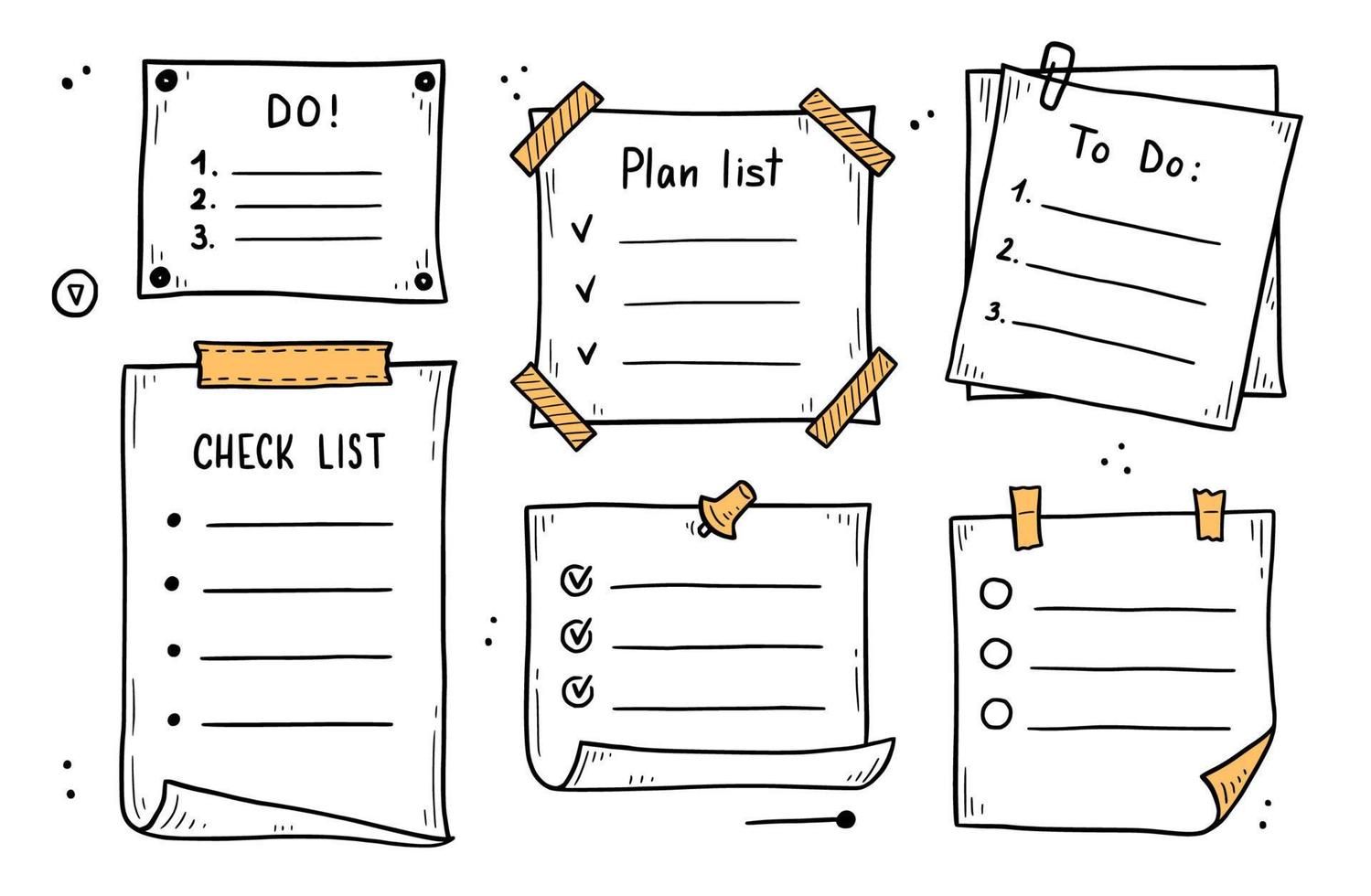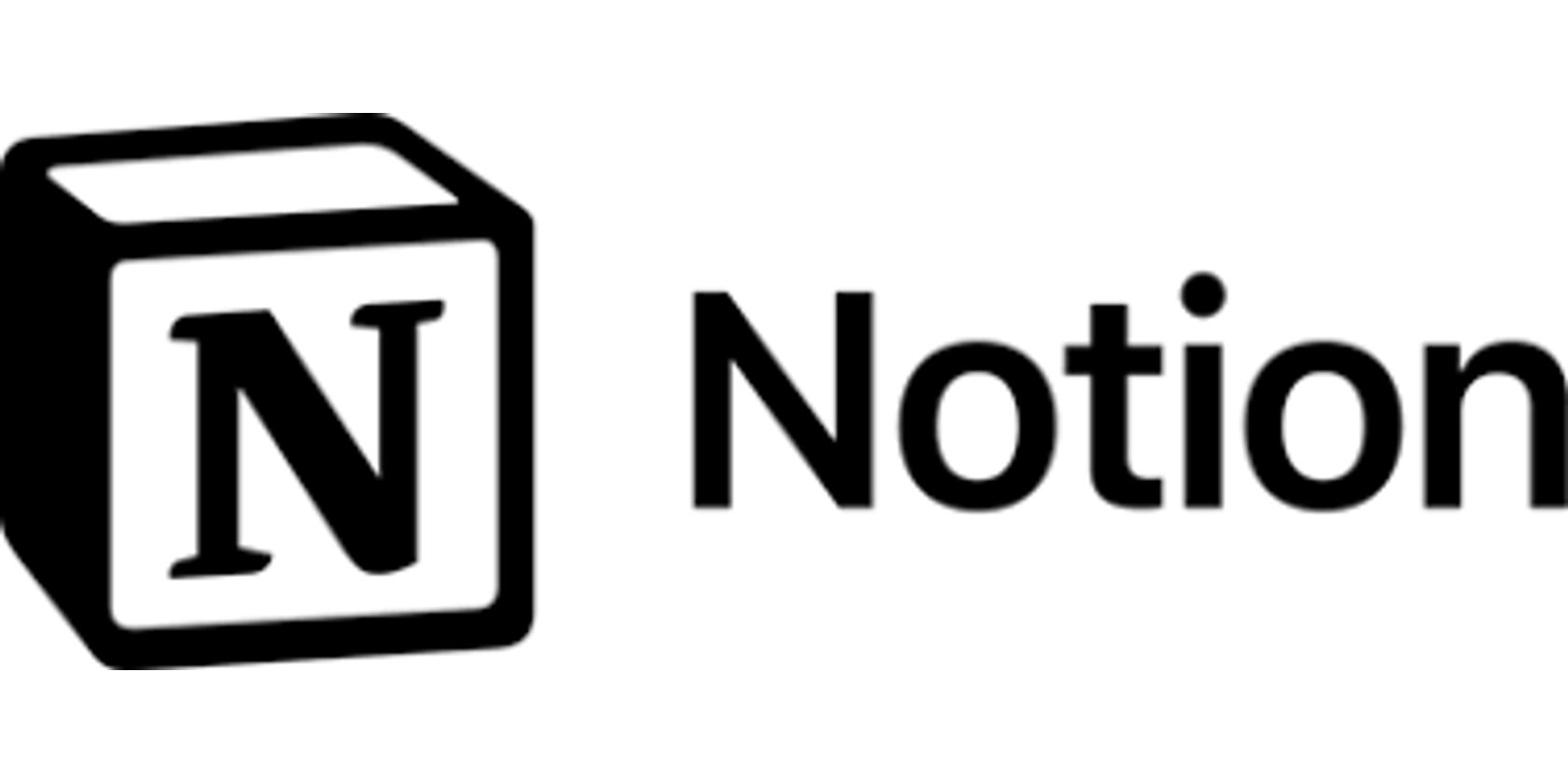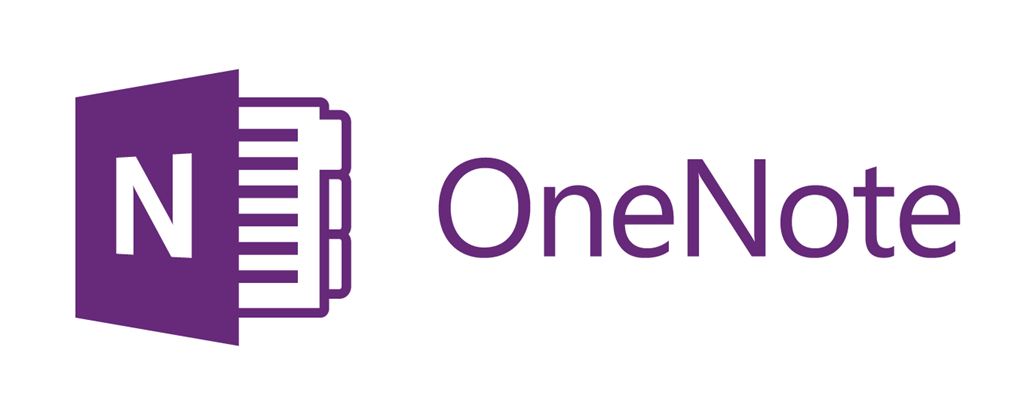In today's fast-paced world, staying productive and organized is essential. With the right tools, you can manage your tasks, notes, and projects more efficiently. This blog explores the top 5 productivity apps of 2024, each offering unique features to help you stay on top of your game. Whether you're looking for a comprehensive workspace, a powerful note-taking app, or a straightforward task manager, these apps have got you covered. Dive in to discover how Notion, Obsidian, Evernote, Microsoft OneNote, and Todoist can transform your productivity.
1. Notion
Notion is an all-in-one workspace that combines notes, tasks, databases, and calendars in a highly customizable interface. It’s designed to be flexible, catering to both personal and team use, and allows users to create their own workflows and templates.
Key Features:
- Note-taking and documentation
- Task and project management
- Database creation and management
- Collaboration and sharing
- Custom templates and integrations
Pros:
- Highly customizable and flexible
- Suitable for both personal and team use
- Integrates with numerous third-party apps
Cons:
- Can be overwhelming for new users
- Premium features require a subscription
2. Obsidian
Obsidian is a powerful knowledge base that works on top of a local folder of plain text Markdown files. It’s designed for users who want to build a personal knowledge management system and offers extensive linking and graph visualization features.
Key Features:
- Markdown-based note-taking
- Bidirectional linking and backlinking
- Graph view to visualize note connections
- Customizable plugins and themes
- Local storage for privacy
Pros:
- Excellent for knowledge management and research
- Highly customizable with plugins
- Strong focus on privacy and local storage
Cons:
- Steeper learning curve
- Limited collaboration features
3. Evernote
Evernote is a versatile note-taking app that helps you capture, organize, and find information across multiple devices. It offers a wide range of tools for creating notes, to-do lists, and clipping web content.
Key Features:
- Note creation with text, images, and attachments
- Web clipping tool
- Tagging and organization
- Searchable notes
- Integration with other apps
Pros:
- Excellent note organization and search capabilities
- Cross-platform support
- Rich media notes
Cons:
- Free version has limited features
- Subscription required for full functionality
4. Microsoft OneNote
Microsoft OneNote is a digital notebook that allows you to capture and organize notes, drawings, screen clippings, and audio commentaries. It integrates seamlessly with the Microsoft Office suite, making it ideal for users already in the Microsoft ecosystem.
Key Features:
- Free-form note-taking
- Multimedia support (images, audio, video)
- Integration with Microsoft Office
- Collaboration and sharing features
- Cross-platform support
Pros:
- Highly flexible note-taking
- Great for Microsoft Office users
- Free to use with extensive features
Cons:
- Interface can be cluttered
- Less intuitive than some other note-taking apps
5. Todoist
Todoist is a powerful task manager that helps you organize and prioritize your tasks with a simple and clean interface. It’s designed to be highly accessible and supports task management across multiple platforms.
Key Features:
- Task creation and organization
- Projects and sub-tasks
- Labels and filters
- Priority levels and deadlines
- Collaboration features
Pros:
- Easy to use and intuitive
- Cross-platform availability
- Integrates with other productivity tools
Cons:
- Some advanced features require a subscription
- Basic compared to more complex project management tools
Conclusion
These top five productivity apps offer a range of features to help you manage your tasks, notes, and projects efficiently. Whether you need a robust note-taking tool like Notion or Obsidian, a versatile organizer like Evernote or Microsoft OneNote, or a straightforward task manager like Todoist, there's an app here to enhance your productivity and streamline your workflow.





